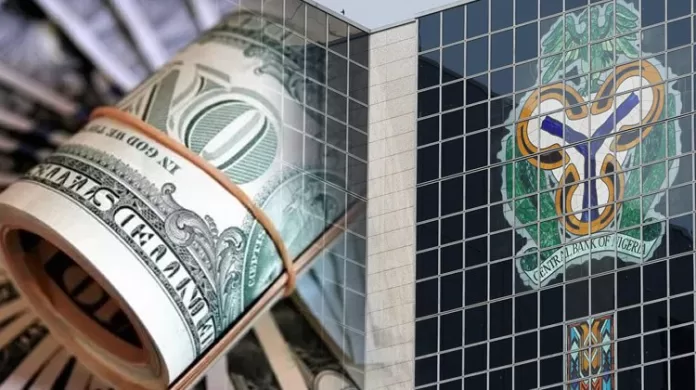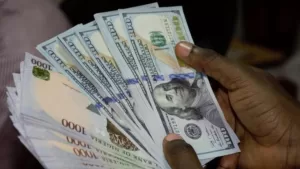Nigeria’s foreign reserves have risen to $39.12 billion, marking a 12.74% increase as of October 11, 2024, up from $34.70 billion at the end of June 2024.
Central Bank of Nigeria (CBN) Governor, Yemi Cardoso, announced this during an interface with the House of Representatives Committee on Banking.
Cardoso attributed the increase largely to foreign capital inflows, receipts from crude oil-related taxes, and third-party contributions.
He informed lawmakers that remittance flows currently represent 9.4% of total external reserves, significantly contributing to the growth.
“The current external reserve position can finance over 12 months of import of goods and services, or 15 months of goods only. This is substantially higher than the prescribed international benchmark of 3.0 months, reflecting a robust buffer against external shocks,” he stated.
The CBN governor also addressed the issue of inflation, which has been trending upward due to high food prices, energy costs, and legacy infrastructural challenges. However, he noted a deceleration in inflation from 34.19% in June 2024 to 33.40% in July 2024, with further easing to 32.15% in August 2024.
This moderation, according to Cardoso, can be attributed to monetary policy measures implemented by the apex bank.
“With aggressive monetary policy tightening coupled with robust monetary-fiscal policy coordination, inflation is expected to further trend downward in the near-to-medium term,” Cardoso said.
To combat inflation, the CBN has reverted to an orthodox monetary policy approach and introduced a comprehensive set of measures, including “raising the policy rate by 850 basis points to 27.25%, increasing Cash Reserve Ratios, and normalising Open Market Operations as our primary liquidity management tool.”
He also highlighted the adoption of an Inflation-Targeting (IT) monetary policy framework as part of the Bank’s Enterprise Strategy for 2024-2028.
“These integrated measures are aimed at stabilizing prices, optimizing liquidity management, and engendering an effective monetary policy framework,” Cardoso explained.
READ ALSO: Nigeria’s Inflation Rate Rises To 32.70%
Regarding the foreign exchange market, Cardoso noted that the CBN implemented various reforms, including a unification strategy that streamlined various exchange rate windows into a single model, adopting a “Willing Buyer, Willing Seller” approach to enhance FX liquidity and financial market stability.
He mentioned that the bank’s recapitalisation policy has prompted commercial banks to strengthen their financial positions, which is expected to result in a more robust and resilient banking sector by March 2026.
“One of the key measures includes the recapitalisation of the banking sector by raising the minimum capital base to support the $1 trillion economy envisioned by the Federal Government of Nigeria by 2030,” Cardoso stated.
Banks are required to meet these new thresholds by March 31, 2026, with several options available for reaching these targets, including issuing new equities, engaging in mergers and acquisitions, or adjusting their operational licenses.
In his remarks, Hon. Mohammed Bello El-Rufai, Chairman of the House Committee on Banking Regulations, commended the CBN governor for his relentless efforts in implementing policies aimed at stabilizing the economy. However, he emphasized the need for further action to address the country’s economic challenges.
“Under your one-year stewardship, the CBN has implemented a series of ground-breaking measures aimed at enhancing market transparency, improving financial stability, fostering a more secure investment environment, and shifting towards a market-driven exchange rate regime to restore confidence and stabilize the economy,” El-Rufai stated.
He also commended the CBN on the unification of the foreign exchange market, which has enhanced liquidity, reduced market distortions, cleared a $7 billion backlog of valid forex, reduced forex volatility, and significantly increased external reserves.


